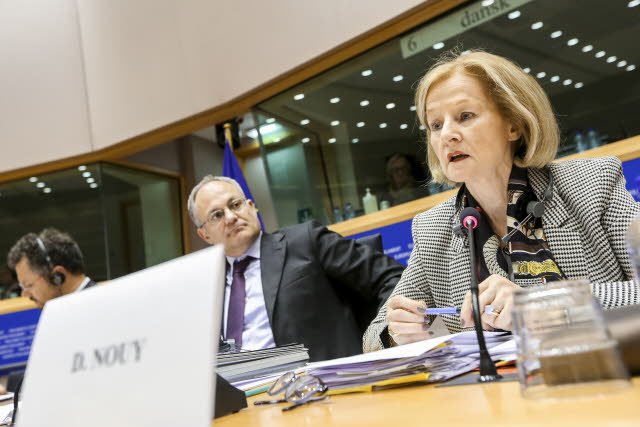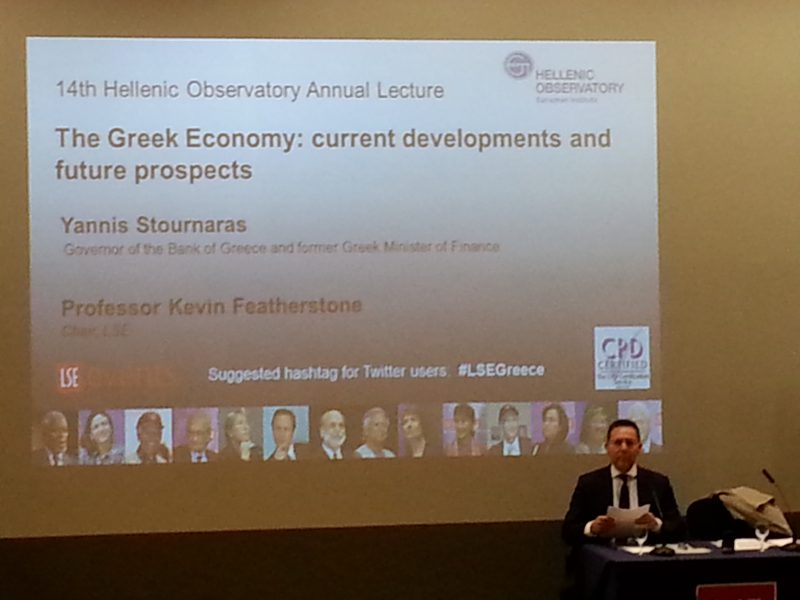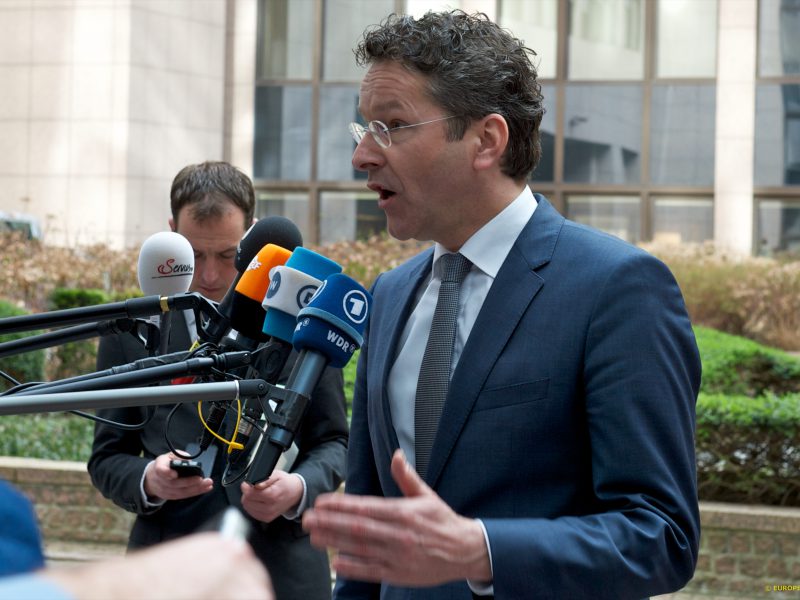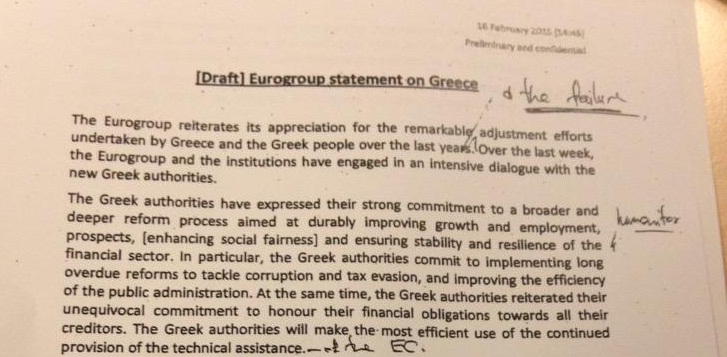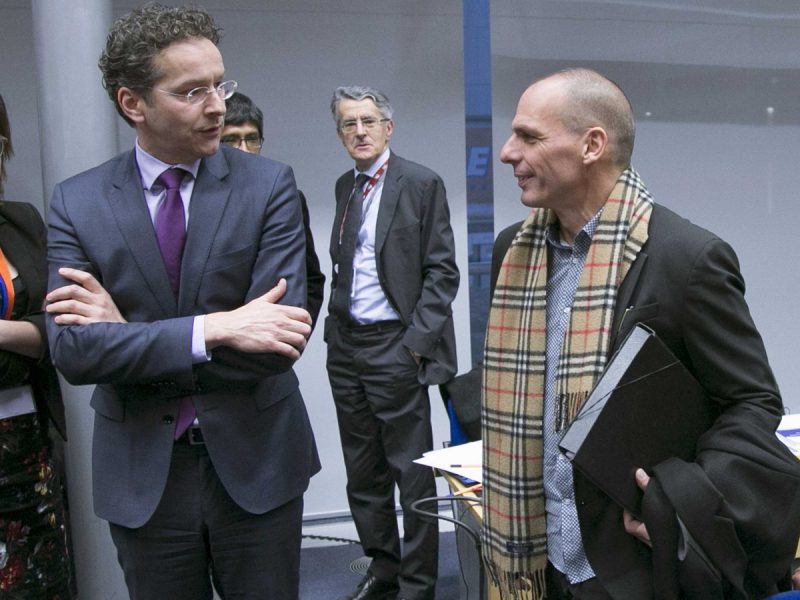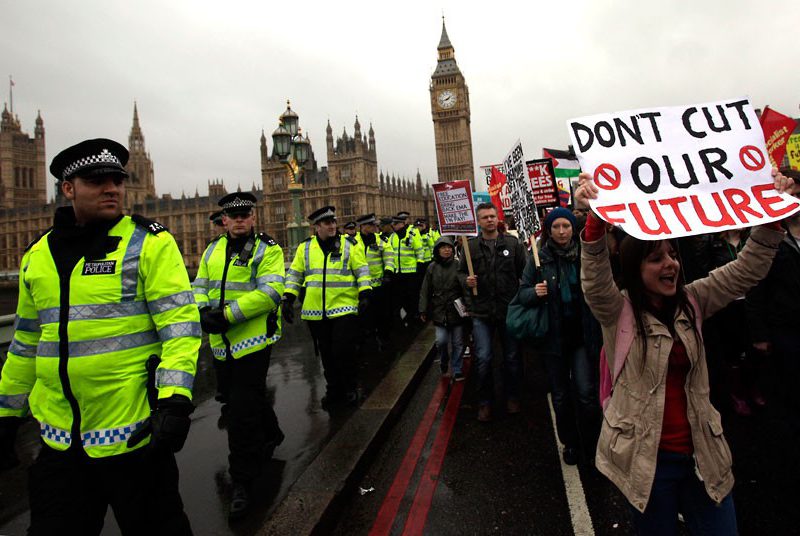Eurogroup talks stall as Greece dithers on its promises
At the Eurogroup meeting on Friday, 24 April, all eyes were on Greece. The embattled Eurozone country got hammered for backtracking on much needed fiscal reforms. Eurogroup officials stated that such measures are vital in helping the Greek government secure its debt repayments. Without the remaining €7.2 billion in the bailout package, Greece will run out of money in a matter of weeks. The stark warning came as Mr. Varoufakis, Greece’s Finance Minister, tried to calm fears over his country’s ability to raise

